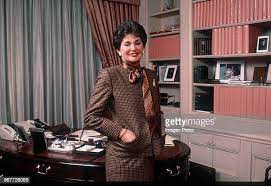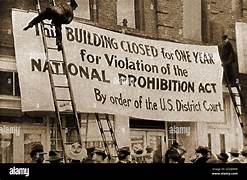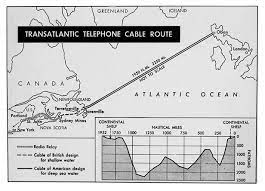On August 30, 1989, Leona Helmsley, a prominent businesswoman and hotelier, was convicted of tax evasion in the United States. The trial and subsequent conviction of Helmsley marked a significant moment in the country's legal history, highlighting issues of tax evasion and the abuse of power by the wealthy.
Leona Helmsley, known as the "Queen of Mean," had gained notoriety for her extravagant lifestyle and ruthless business practices. Alongside her husband, Harry Helmsley, she owned and operated a vast real estate empire that included luxury hotels such as the Helmsley Palace in New York City.
The trial of Leona Helmsley centered around allegations of tax evasion and fraud. It was revealed that the Helmsleys had engaged in a variety of schemes to evade paying taxes, including falsifying business expenses, inflating deductions, and hiding income in offshore accounts. The trial captured public attention and became a symbol of the excesses and abuses of power within the business world.
The case against Helmsley was bolstered by the testimony of former employees who described her tyrannical behavior and her belief that "only the little people pay taxes." The trial shed light on the stark contrast between the lavish lifestyle of the wealthy elite and the struggles faced by ordinary taxpayers.
In August 1989, Leona Helmsley was convicted on multiple counts of tax evasion and related charges. She was sentenced to four years in prison and ordered to pay millions of dollars in fines and restitution. The conviction sent shockwaves through the business community and served as a warning that no one, regardless of wealth or influence, was above the law.
The Helmsley case sparked a broader public debate about tax fairness and the need for stricter enforcement of tax laws. It highlighted the issue of tax evasion among the wealthy and the potential impact it has on the economy and society as a whole. The case also raised questions about the accountability of the super-rich and the need for greater transparency and oversight in financial matters.
Leona Helmsley's conviction had a lasting impact on the public perception of tax evasion and the responsibility of the wealthy to contribute their fair share. It brought attention to the need for tax reform and stricter enforcement measures to ensure that all individuals and corporations pay their taxes in accordance with the law.
In the years following her conviction, Leona Helmsley became a symbol of corporate greed and excess. Her case served as a cautionary tale and a reminder of the consequences that can be faced when individuals abuse their power and evade their financial responsibilities.
August 30, 1989, marked a significant moment in U.S. history with the conviction of Leona Helmsley for tax evasion. The trial shed light on issues of tax fairness and the abuse of power by the wealthy. The case remains a reminder of the importance of upholding the principles of justice and equality, regardless of one's social or economic status.






